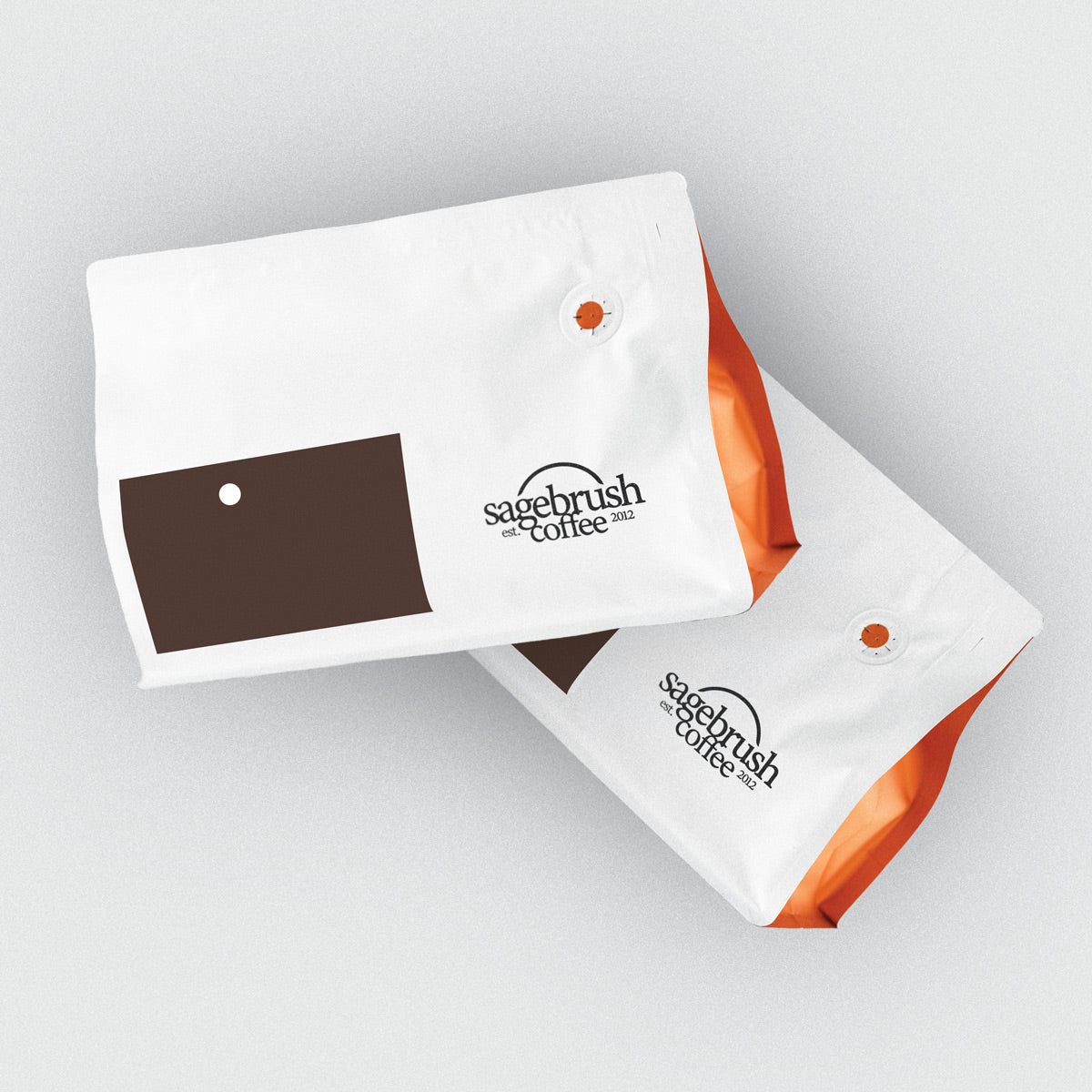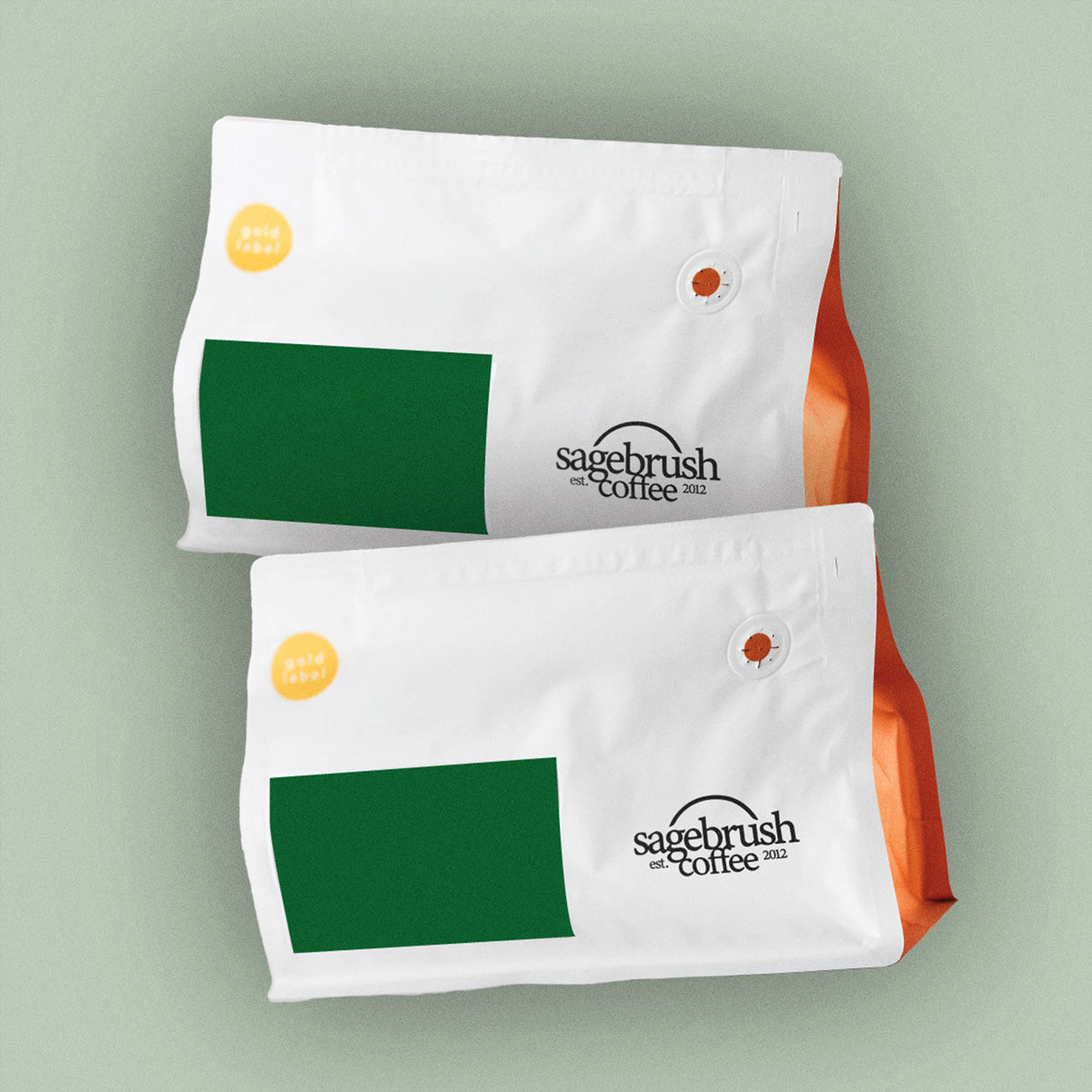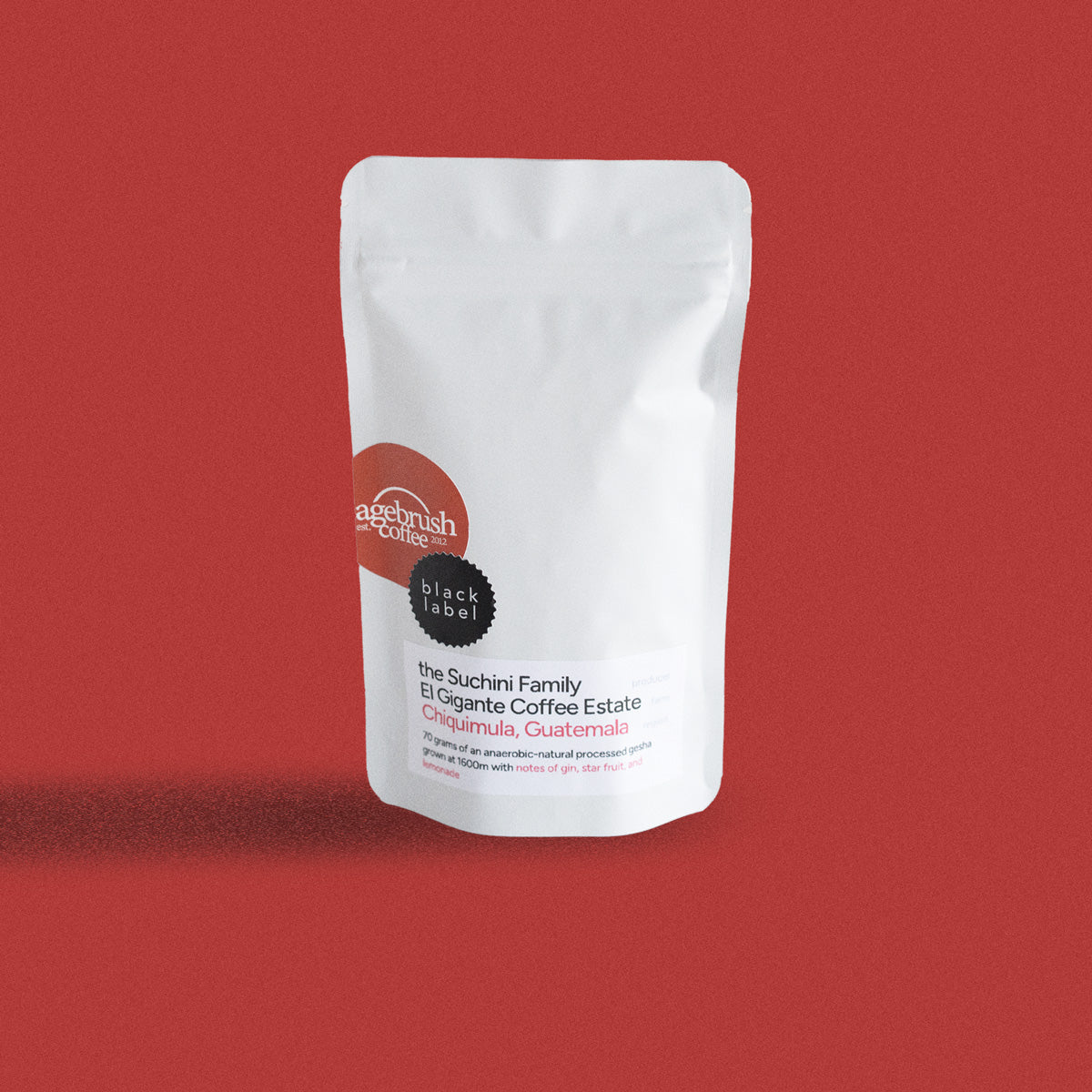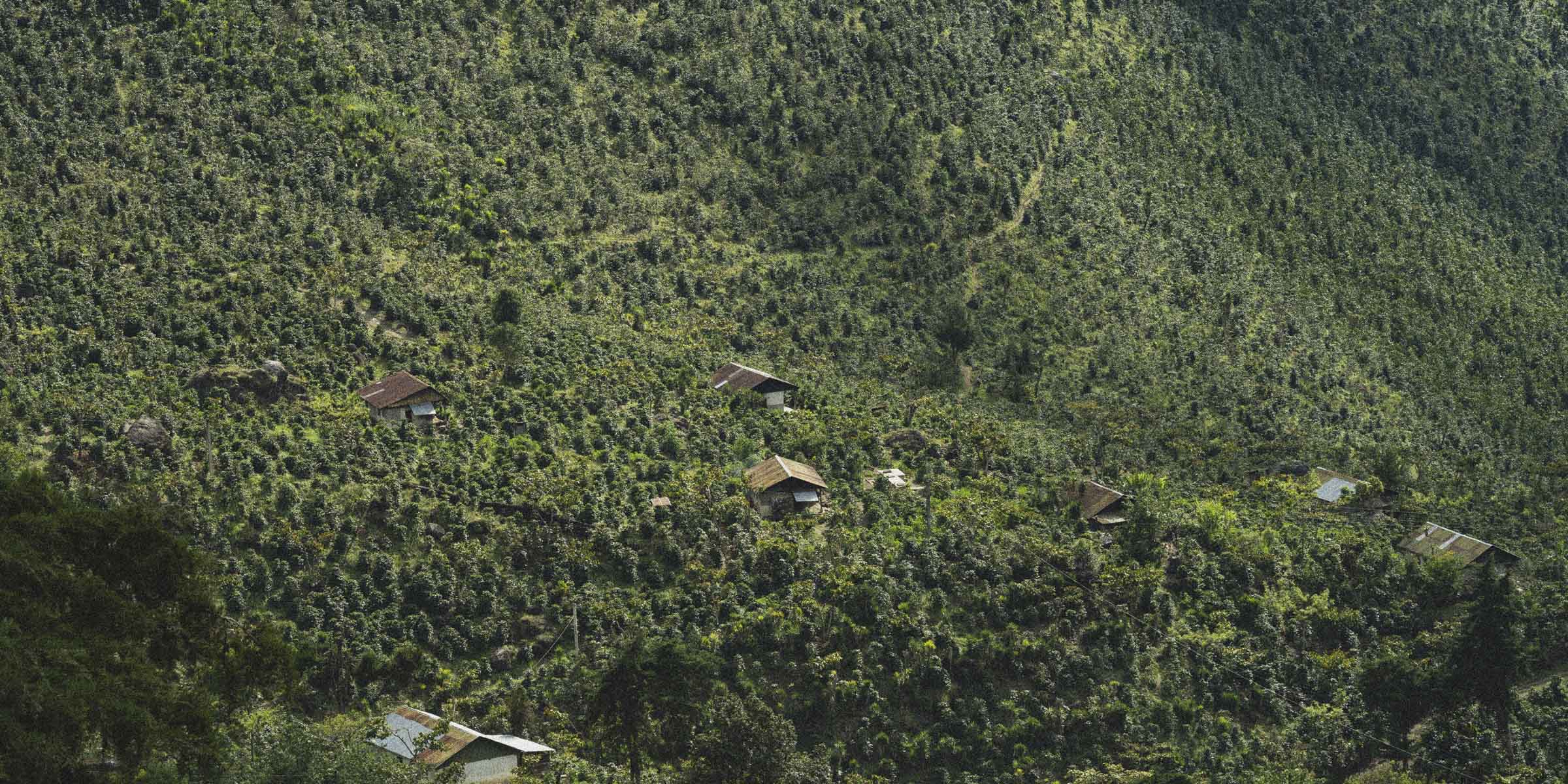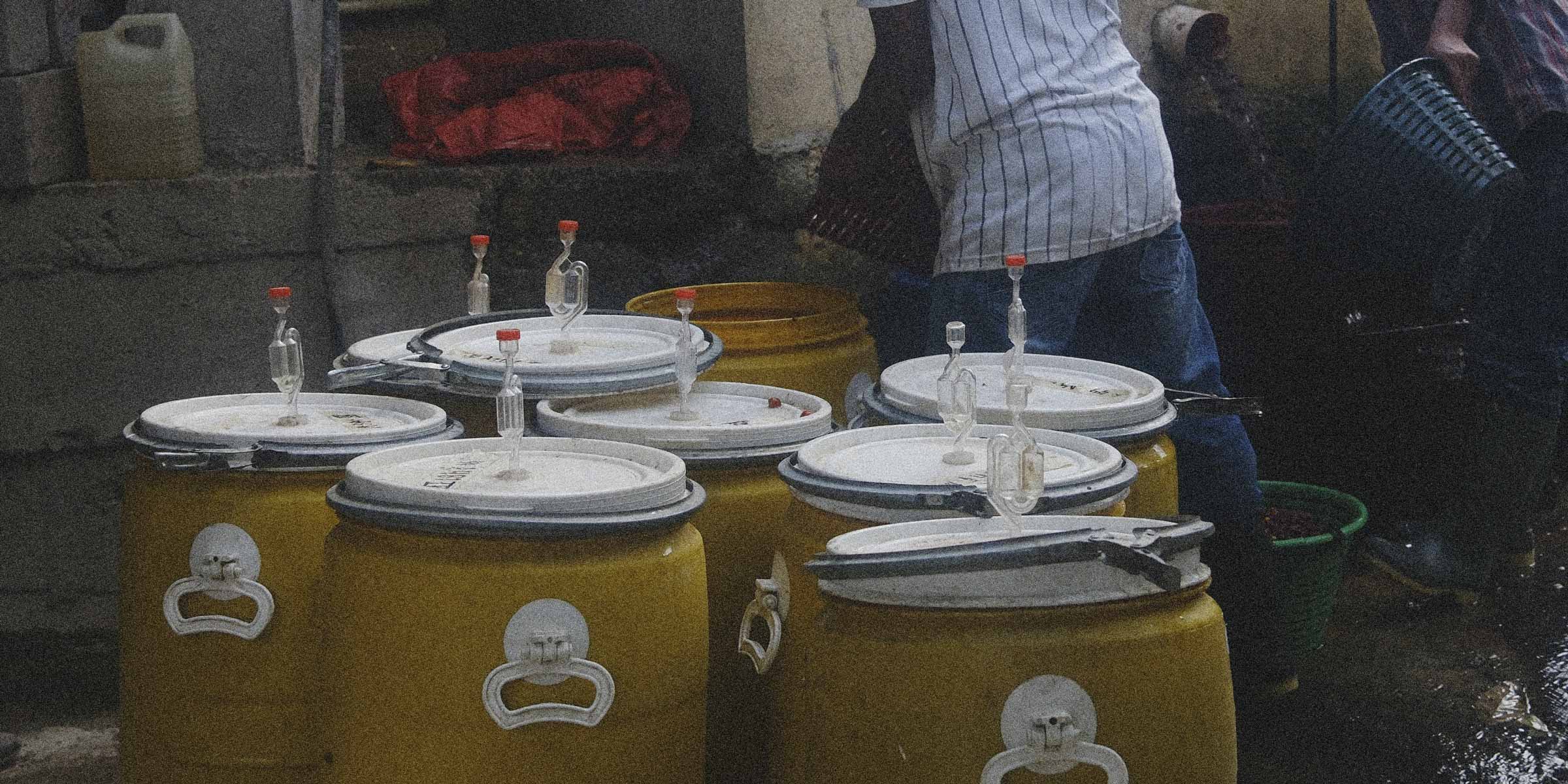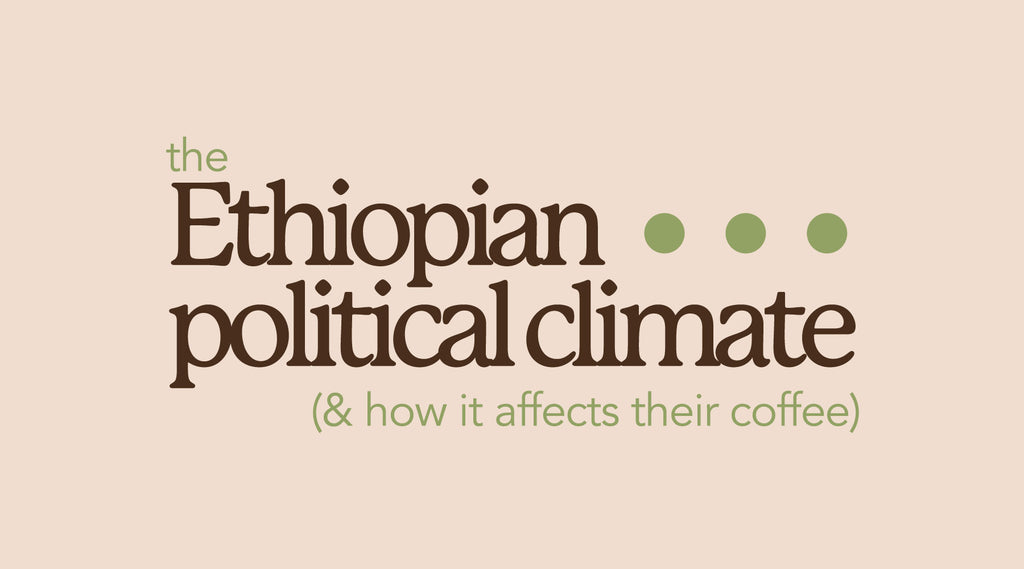
When I started writing this blog about Ethiopia, it was supposed to summarize the current political climate and how it might affect the 2022 coffee harvest. As I started to research and read about the recent events, however, it was clear that Ethiopia has much more to contend with than just politics. Ethiopia has a long history of struggles on so many levels, and to narrow the focus to just politics would not exhibit the full picture.
The COVID-19 pandemic, in conjunction with civil unrest and albeit war, has made 2022 a year full of uncertainty for Ethiopia’s coffee industry. Thirty million people in Ethiopia make their living from the coffee industry. Whether it’s the farmers, the coffee pickers, day laborers in dry mills, or truck drivers, the effects of both COVID-19 and war have had a ripple effect on many people.
The Conflict Between the Ethiopian National Defense Force and the Tigray People’s Federation Front (TPLF)
I am no expert on Ethiopian politics, so I don’t know what this fight is really about but I do know this about war: both sides lose a lot regardless of the winner. Losses don't just include human lives, but also devastating economic effects. One of the byproducts of this conflict for the Ethiopian people is inflation. As of December 2021, the inflation rate in Ethiopia had gone up as high as 35%. With costs going up so much, it will make it harder for farmers to produce the same amount or increase the amount of coffee compared to the previous year. There is no simple answer to this situation. According to the 2021 USDA Coffee Report, the global coffee market may experience an 8.5 million bags shortfall for this year. That’s a staggering number. With a lower supply, the only thing you can expect is for prices to rise.
We all know that when inflation hits for whatever reason, it makes everything difficult. I spent a lot of time researching why prices went up. All I could find is that the government encouraged farmers to sell coffee cherries at a very high price. Sometimes even asking for double of what they charged before. This price hike may be the starting point of other price hikes in the supply chain. It’s tough to pinpoint the exact cause, and if you consider that people are worried about the war around them, it’s no wonder that finding the catalyst is difficult. In terms of quality, farmers are very optimistic and believe the quality will be better than last year. Hopefully, there will be enough supply for global coffee lovers to taste this excellent quality expected.
COVID-19 and Ethiopia
Like the rest of the world, COVID-19 has had significant effects on Ethiopia. As a result of so many businesses being required to shut down, they’ve experienced contract cancellations, labor shortages, logistical delays, unpredictable market demand, fluctuating shipping schedules, and a lack of shipping opportunities. All of these challenges, in addition to war, have strained the Ethiopian coffee industry making next year’s crop unpredictable. But, there is much optimism from coffee insiders.
What’s impressive to me is we get to be a part of helping Ethiopians overcome challenges by buying and enjoying their coffee. So, the next time you have a cup of Ethiopian coffee, appreciate the hard work that was put into that cup of coffee.




